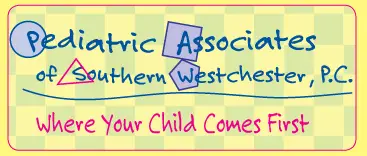Is a Health Care Proxy Right for Your Child with Disabilities?
Get kid-friendly activities sent to you!
Get the Best Kid-Friendly Activities
Sent to You Weekly!
How do I choose which is right for my child?
There is no test to determine whether an 18-year-old is able to make decisions about health care, so that decision ultimately falls to parents. Krooks encourages parents to look honestly at whether their child has the capacity to understand medical decisions before they choose to pursue a Proxy or guardianship.
With a Proxy, “If there comes a time when you need to step in in an emergency and the person viewing the Proxy knows the child and knows they couldn’t have understood it when they signed it, you run the risk that they’ll consider it not effective,” Krooks warns. If there’s a gray area, and you’re not sure whether a Proxy or guardianship is best, Krooks encourages consulting your physician or a lawyer to get an educated third-party opinion on whether the child understands the nature of the documents he's signing.
When should I create a Proxy or pursue guardianship?
The proper time to do it is around the child’s 17th birthday. Determine if the child can make decisions on his own—if so, download and sign the Health Care Proxy form together.
If not, then you need to start the guardianship process, because it can take several months. “You want to be in a position when the child turns 18 that you immediately have access to all medical records, are able to participate in doctor appointments, and can make health decisions for your child-turned-adult,” Krooks says.
What is a successor guardian?
If you pursue legal guardianship for your child, be sure to appoint a successor guardian, Krooks says. “If something happens to you, you should have another adult who can take over for you. He or she will have to qualify, and the court will go through a vetting process to make sure they're able to serve as a guardian.”
What is a letter of intent?
You should also prepare a letter of intent. “In this day and age, it’s likely the parent will pass away before the child with disabilities does, so you want to make sure the future guardian is aware of your wishes for your child in respect to their health care treatment,” Krooks says. “A letter of intent is like a road map for them.” Find a detailed outline for your letter of intent at specialneedsnewyork.com/letter-of-intent.
Bernard A. Krooks, J.D., is a founding partner of the law firm Littman Krooks LLP, which has offices in White Plains, Manhattan, and Fishkill. He is also a past president of the Special Needs Alliance.









